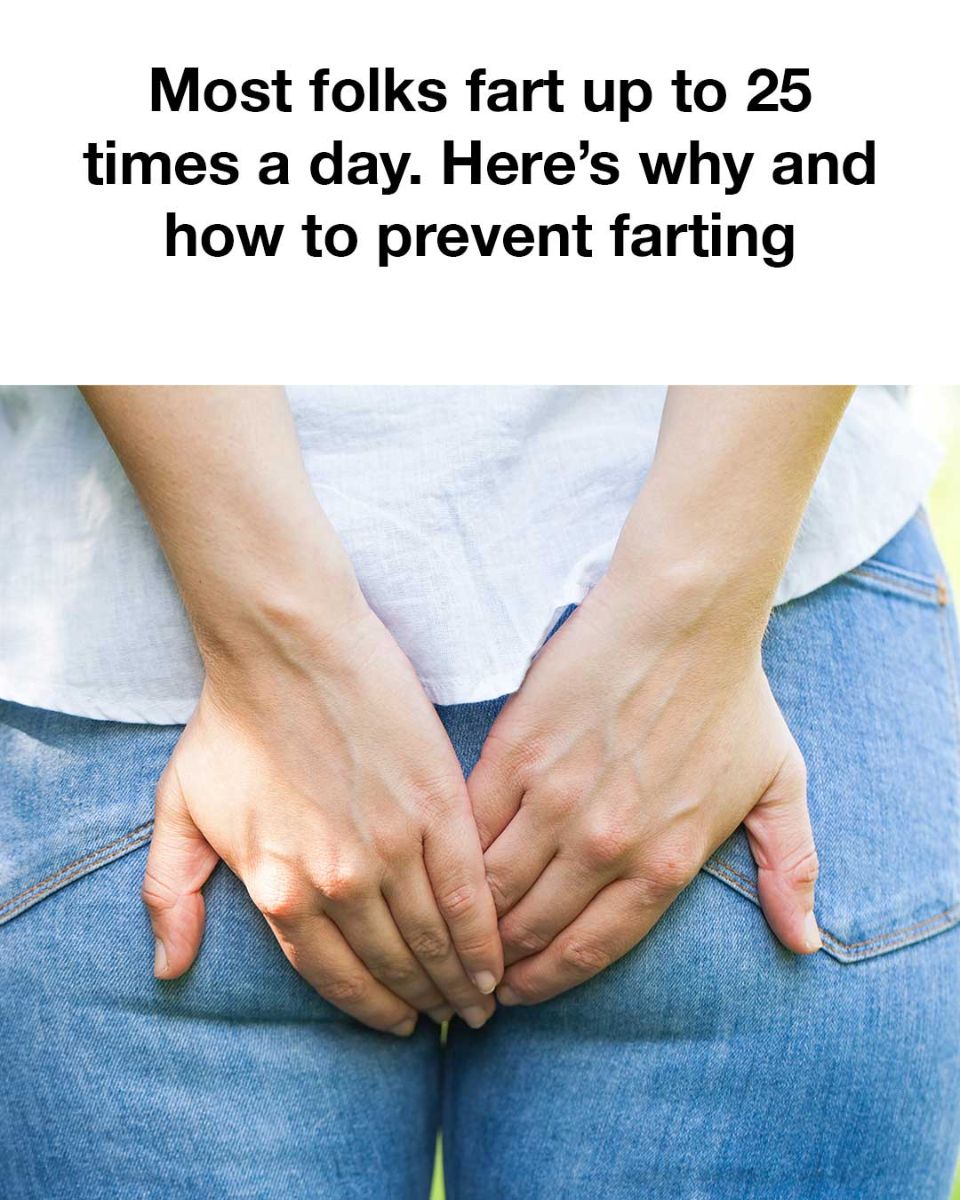Flatulence, commonly referred to as farting, is a natural and universal bodily function. Most people experience it daily, with the average individual passing gas between 13 to 21 times each day. While often a source of embarrassment or humor, flatulence serves important physiological purposes. Understanding why we fart, its causes, and methods to manage or reduce occurrences is essential for maintaining both comfort and health.
What Causes Flatulence
Flatulence occurs when gas builds up in the digestive system. This gas can originate from swallowed air or the breakdown of certain foods by bacteria in the large intestine. Swallowed air can be a result of eating or drinking too quickly, chewing gum, smoking, or even talking while eating. Meanwhile, the digestive process, especially the fermentation of carbohydrates that are not fully digested in the small intestine, contributes significantly to the production of gas.
The Physiology of Farting
When gas accumulates in the gastrointestinal (GI) tract, it needs to be expelled to avoid discomfort. Gas travels through the intestines to be released via the rectum. The composition of this gas—primarily nitrogen, oxygen, carbon dioxide, hydrogen, and sometimes methane—plays a role in its odor and sound. The release of gas, or flatulence, involves the relaxation of the anal sphincter, allowing the built-up gas to escape.
ADVERTISEMENT

